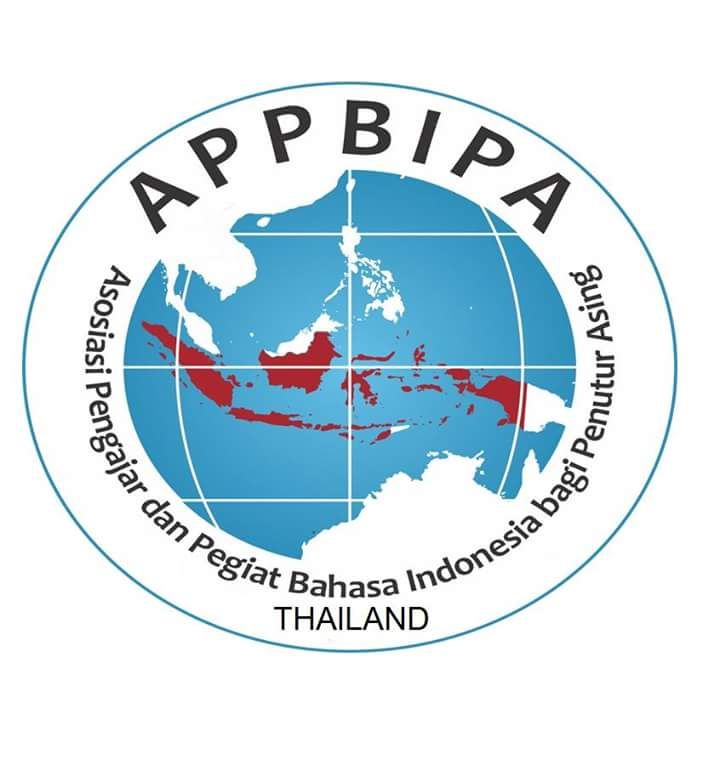Speakers
Description
Motivation plays a crucial role in language learning, extending beyond traditional pedagogical frameworks, as emphasized by Dornyei (2005). This study explores the motivational factors influencing 30 nursing students in a northeastern Thai university who elected to study Indonesian, a language other than English (LOTE). Employing a qualitative approach, data were gathered through semi-structured interviews and reflective essays. The findings revealed several key motivational factors, including study completion requirements, cultural immersion, interactive teaching methods, perceived language easiness, and future career opportunities. A significant insight was the participants' strong interest in Indonesian culture and community engagement, which emerged as a salient motivational driver. These results suggest that motivation in learning Indonesian is dynamic, driven by both instrumental (e.g., career prospects) and integrative (e.g., cultural appreciation) factors. The study advocates for language programs to incorporate cultural elements more prominently to sustain learner engagement, especially for languages that are not as globally dominant as English. Implications for educators include the need to design curricula that highlight cultural immersion opportunities and future employability to enhance students' motivation for learning LOTEs. Further research could explore longitudinal perspectives on the motivational shifts in LOTE learners as they advance in their studies.
